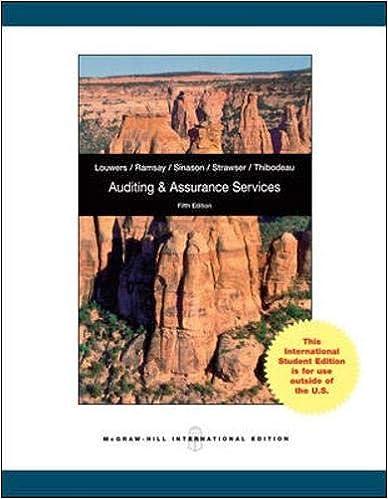Question
the Greek philosopher Thales, who used derivatives to generate a profit from Atticas olive orchards. Suppose that the probability of a good harvest is 90%,
the Greek philosopher Thales, who used derivatives to generate a profit from Atticas olive orchards. Suppose that the probability of a good harvest is 90%, while the probability of a bad harvest is 10%. In a good harvest, olives sell for 30 drachmas per ton; in a bad harvest, they sell for 5 drachmas per ton. Thales signs his contracts with olive farmers in the wintertime, well before the harvest. Thales is risk-neutral.
1. Thales contracts with all of Atticas olive farmers for all of their olives. He agrees to pay the farmers 10 drachmas per ton of olives upon harvesting. This is a forward contract, with no deposit or other transaction fees. What is Thaless expected profit per ton of olives?
(A) 18.5 drachmas. (B) 18 drachmas. (C) 17.5 drachmas. (D) 17 drachmas.
2. Instead, suppose that Thales negotiates a call option with the farmers for a 1 drachma per ton premium. Otherwise, the terms are the same as in question 2 above. If there is a bad harvest, Thales does not execute the option to buy. What is Thaless expected profit per ton of olives?
(A) 18 drachmas. (B) 17.9 drachmas. (C) 17.5 drachmas. (D) 17 drachmas.
3. Now suppose that Thales has a forward contract to purchase from farmers at $10 per ton, along with a put option to sell to suppliers at $20 per ton. The put option has a premium of $3 per ton. What is Thaless expected profit per ton?
(A) 17.5 drachmas. (B) 17 drachmas. (C) 16.5 drachmas. (D) 16 drachmas.
Step by Step Solution
There are 3 Steps involved in it
Step: 1

Get Instant Access to Expert-Tailored Solutions
See step-by-step solutions with expert insights and AI powered tools for academic success
Step: 2

Step: 3

Ace Your Homework with AI
Get the answers you need in no time with our AI-driven, step-by-step assistance
Get Started


